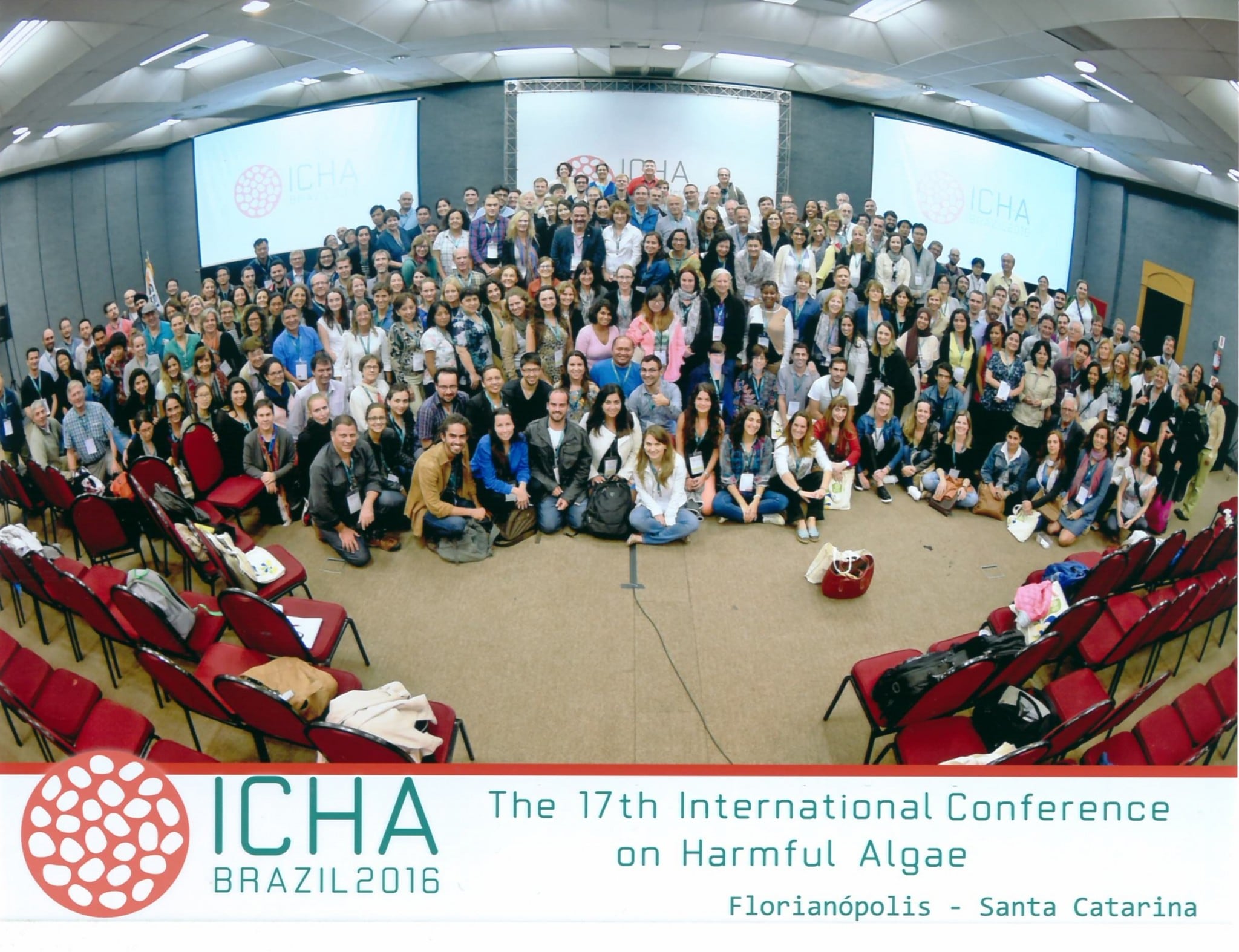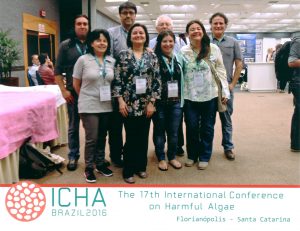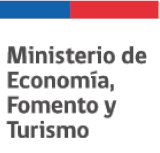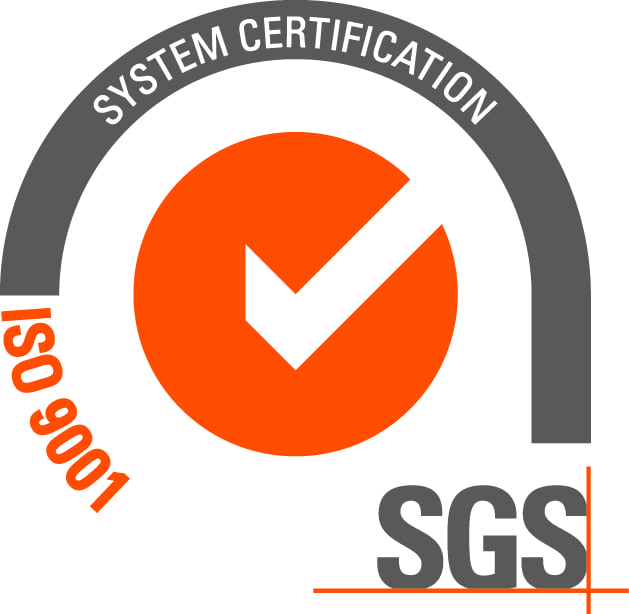

The attendance of researchers from Instituto de Fomento Pesquero to the World Conference on harmful algal bloom has revealed the level of work done in Chile and competencies of this group compared with similar activities in other parts of the globe.
An important participation of the researchers from Aquaculture Research Division of Instituto de Fomento Pesquero (IFOP) at the 17th International Conference on Harmful Algal Blooms (International Conference on Harmful Algae; http://www.icha2016.com/) carried out between October 9 and 14 in Florianopolis, Brazil.
This conference is held every two years, this is the first time that takes place in South America and brought together world experts who discussed about Noxious Algal Blooms (HAB) and aspects such as toxins, ecology, monitoring and management, toxicology, taxonomy, technology and global change.
This time, researchers from the Research Division on Aquaculture of IFOP, Gemita Pizarro, Cesar Alarcon (Punta Arenas), Maria Fernanda Cornejo (Aysén), Pamela Carbonell, Ximena Vivanco, Rodrigo Martinez, Leonardo Guzman and Oscar Espinoza (Puerto Montt) presented eleven posters and two oral communications with the results obtained from the Management and Monitoring Program on Red Tides in the regions of Los Lagos, Aysen and Magallanes.
The contributions presented were focused on aspects such as: Toxins, with the work “Be alert with Amnesiac Shellfish Poison (VAM) in the Sub-Antarctic Chilean region”, “Natural Detoxification of Paralytic Shellfish Poison (PSP) in the mussels (Aulacomya atra and chilensis Mitylus) from selected places in the Magellan’s region, southern Chile”, “Paralytic Poison of Shellfish (VPM) and pet dogs in Southern Chile” and “Updating information about marine toxins and toxic microalgae from the West Patagonia, Southern Chile “Bioassays works on “feeding behavior of two species of copepods exposed to single and mixed diets with dinoflagellate Alexandrium catenella“; Ecology with the works: “Distribution and abundance of cysts and vegetative cells of harmful din flagellates in the Bay of Quellón, south of Chiloe island,” “Patterns of distribution of Alexandrium catenella and VPM between the confluence of the channel Baker and Messier ( 47 ° S, 74 ° W), during the last decade”, “Characterization of species composition, spatial and temporal trends and occurrence of harmful algal blooms in fjords and channels of southern Chile “,” Spatial-temporal variability of catenella Alexandrium blooms in estuarine fjords of Aysen region, Chile”; “Modeling the distribution and abundance of Alexandrium catenella in fjords and channels of southern Chile”; Global Climate Change with the work “New evidence of Teleconnections between El Niño-Southern Oscillation (ENSO) and the abundances of micro phytoplankton and Alexandrium catenella in the Magellan region, South of Chile” and finally, the topic of blooms during the summer of 2016, with the work “Multiple algal blooms in fjords and channels of southern Chile, increased abundance and geographic coverage during the summer of 2016,” Alexandrium catenella and sprout of VPM in the Chilean coast, the first in the open South-West coast of the Pacific Ocean “.
The fast meeting allowed for an exchange in respect of exceptional events on harmful blooms globally during 2015-16, which helped to confirm that in different regions of the world, there were very particular situations characterized by blooms that had a marked impact on the environment and social and economic environment. An evident example of these changes was registered on the Pacific coast of the United States, southern Brazil in the area of Santa Catarina, in the Rios Gallegos of Spain and certainly, in Chile, in the region of Los Lagos.
The next edition of this conference will be held on 2018 in the city of Nantes, France.




